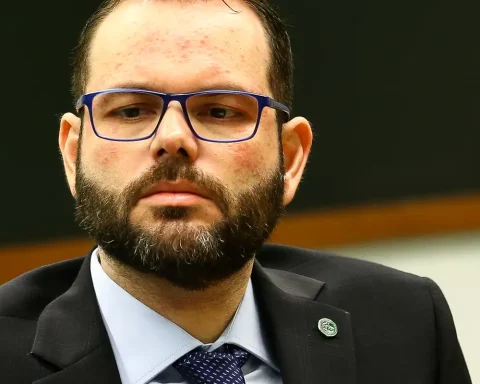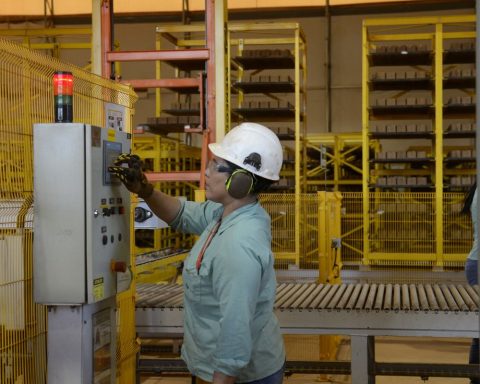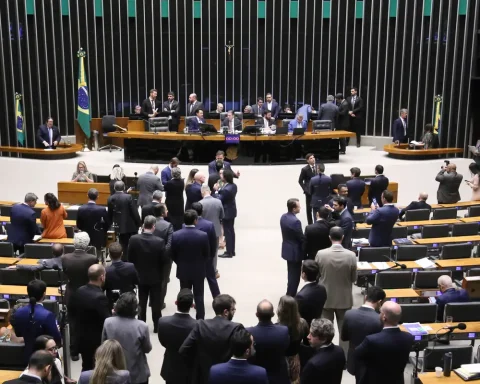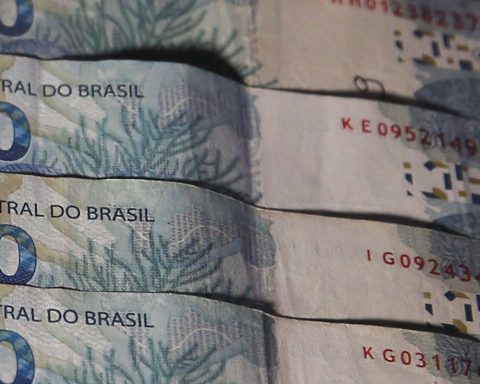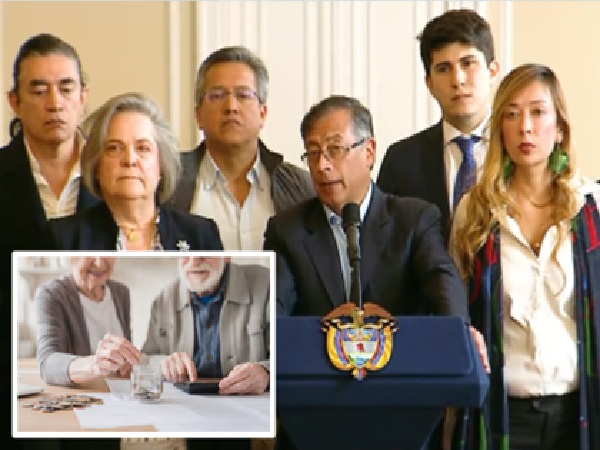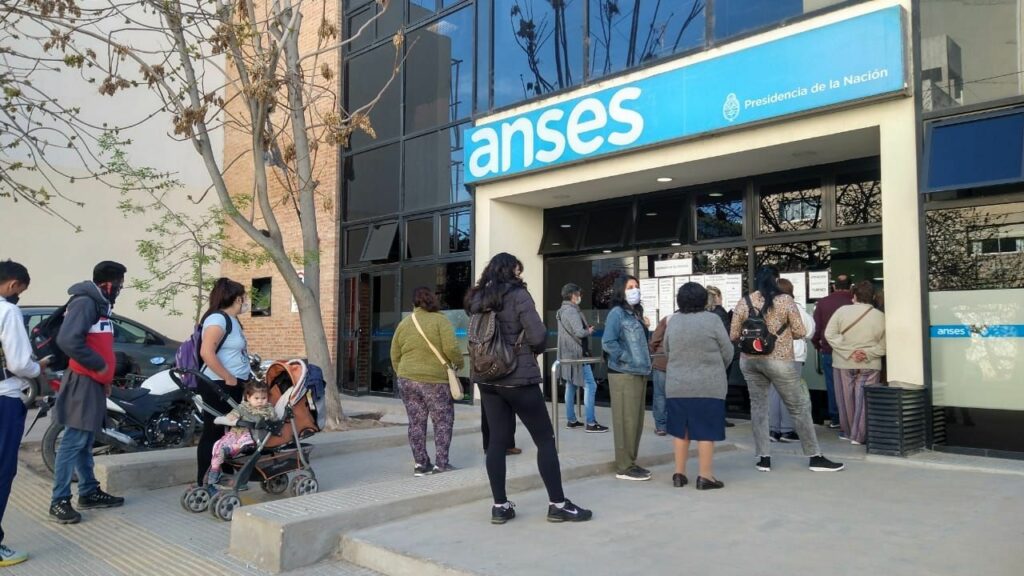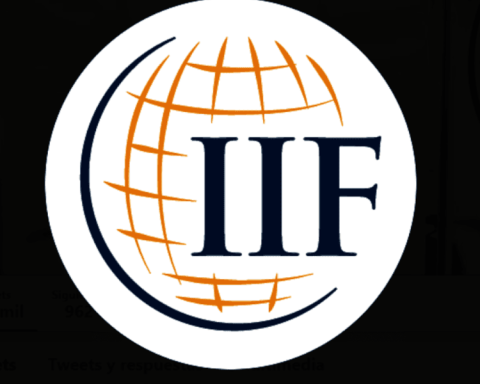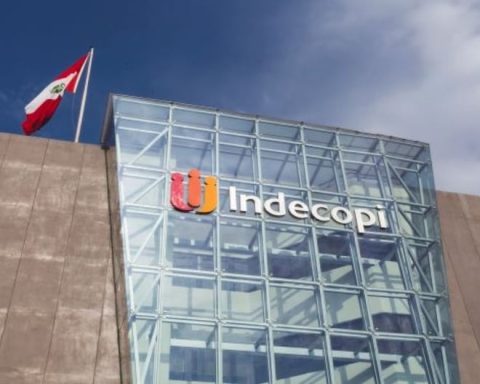Using virtual reality glasses, the participant sees himself immersed in a city, observing and experiencing everyday scenes lived by illustrated characters. The plot, of the rise and fall of a divided society, is from the interactive short film From the Main Square, which in Portuguese, in free translation, means From the Main Square. The short, directed by Brazilian Pedro Harres, received, this year, the grand prize of the jury in virtual reality, at the Venice Film Festival.
This is just one of the virtual reality productions in which Brazilians are involved. Both in Brazil and in the world, terms such as virtual reality, augmented reality and mixed reality, all under the umbrella of the so-called extended reality (XR), have gained strength. They are immersion experiences that combine real and virtual elements, as well as the interactions between man and machine.
To scale this market in Brazil, the Center for Analysis of Cinema and Audiovisual of the Federal University of São Carlos (UFSCar) and the Graduate Program in Creative Media of the School of Communication of the Federal University of Rio de Janeiro (UFRJ) mapped unprecedented for companies operating in this sector. Now the XR Ecosystem Mapping in Brazil is available on the internet, on a platform that will be launched on Saturday (29) at the 46th International Film Festival, at Cinemateca, in São Paulo.
The research shows that, of the 138 companies mapped belonging to the productive chain of the creative industry in the country, about 70%, equivalent to 96, already work with XR. They are mainly concentrated in the cities of São Paulo (35) and Rio de Janeiro (19). Most are micro-enterprises (40.58%) and individual micro-entrepreneurs (20.57%). According to the research, as it is linked to the area of innovation, the market is concentrated in startups and clusters of innovation.
“We have the ability, we have the technique. The advantage [dessa tecnologia] is that it will really put us on the path of industry 4.0”, says UFRJ professor and audiovisual producer, Inês Maciel, who carried out the research. Ines explains that the technology has several possibilities for use, ranging from cinema, to professional training and even remote monitoring of certain environments, among others.
“This technology provides a sense of presence in the immersive situation. This sensation is registered in the brain as a vivid memory. If it is recorded in this way, you learn faster, it is as if you were learning in practice”, he says. She cites, as examples, simulations of risk situations where professionals can first be trained with virtual reality before going to the field, which reduces training costs. Agribusiness companies that monitor by drones can allow someone to be in the office watching everything with virtual reality glasses, without having to move.
According to Ines, this is a new technology that is being researched and developed all over the world. According to her, it is time for Brazil to invest in the area and enter the world. “It is a technology that is being born, everyone is creating from scratch. That’s when you get the lead. Once the technology is established, you cannot be a leader. This is the crucial moment, you have to invest now”, she defends.
The researcher also points out the need for incentives that take the technology to other regions of the country, in order to reduce the concentration on the Rio-São Paulo axis and, thus, better meet Brazilian specificities.
Another concern is with the evasion of skilled labor from the country. “The potential of the Brazilian XR is huge, it’s just that you can’t stay here. When it starts to grow, it gains wings and there is no way to fly here anymore. Gotta go outside. It’s as if we had an airplane nursery,” says Inês. Pedro Harres is among those who sought funding abroad. The internationally awarded film is a German production.
XR mapping
The survey was carried out in July and August 2020. The data also show that this industry was impacted by the covid-19 pandemic. Most companies (43%) declared that they had a considerable reduction in business during the pandemic and 18% said, at the time, that there was a high or very high probability of closing business in the following months.
The platform, created by the Creative Industries Institute, sponsored by Spcine, aims to provide data to support new policies for the area. It is possible to make inquiries by financing, market, categories of activity, research and development, market perception, region and company size.

